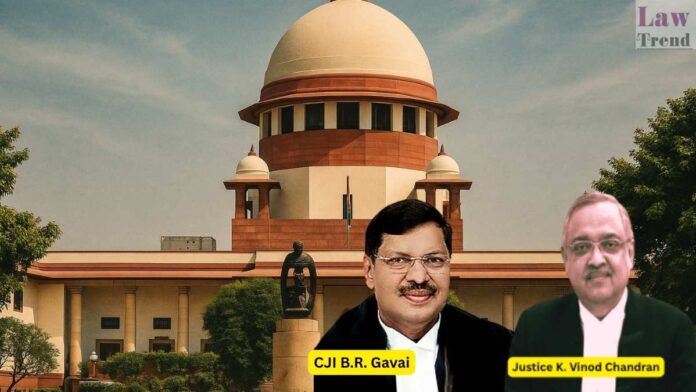The Supreme Court of India, in a judgment delivered by a bench comprising Chief Justice of India B.R. Gavai and Justice K. Vinod Chandran, has altered the conviction of appellants in a 1986 triple homicide case from murder under Section 302 of the Indian Penal Code (IPC) to culpable homicide not amounting to murder under
To Read More Please Subscribe to VIP Membership for Unlimited Access to All the Articles, Download Available Copies of Judgments/Order, Acess to Central/State Bare Acts, Advertisement Free Content, Access to More than 4000 Legal Drafts( Readymade Editable Formats of Suits, Petitions, Writs, Legal Notices, Divorce Petitions, 138 Notices, Bail Applications etc.) in Hindi and English.




